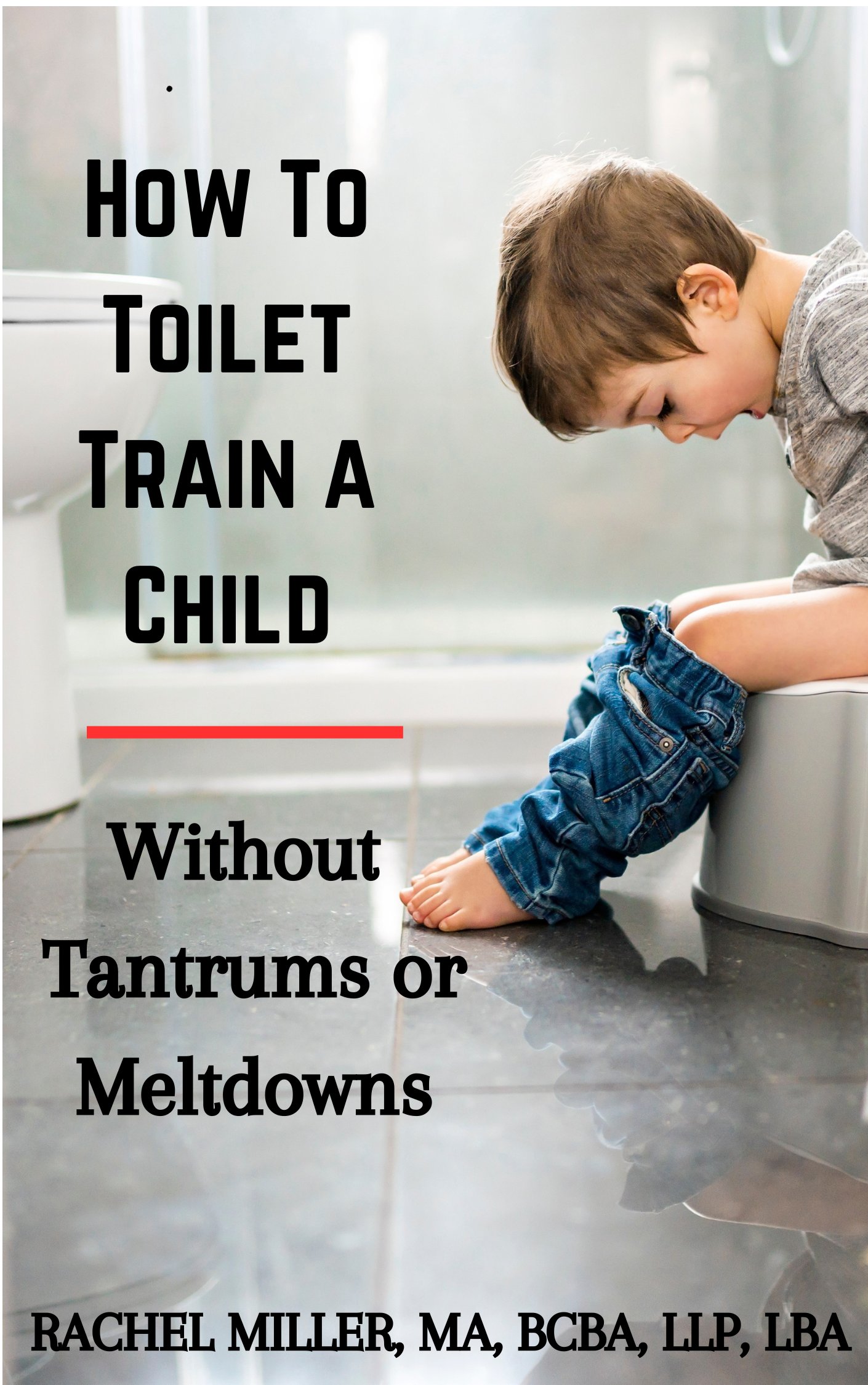Definition of ADHD
by Debby
(Louisiana)
Does my granddaughter have ADHD?
She seems to be doing better, but when a friend of the family took her to Chucky Cheese she disappeared right off the bat wouldn't listen and had to be told over and over the same thing. Her mother yells and screams at her and is constantly grounding he.
She will get so upset and cries then when she turns around she does the same thing again. I'm really concerned about her. I have mentioned this to them and her parents tell me she has nothing wrong just hard headed. Please help.
Answer: The definition of ADHD does include poor listening skills, excessive talking and hyperactive behavior. However, it’s important to consider is it possible there may be something else causing similar symptoms?”
Does she have any problems sleeping, food allergies, sensitivities to artificial food flavoring or colorings, such as red dye 40 or yellow 5, that studies show a strong correlation to hyperactive behavior and attention problems.
There is also a condition called sensory processing disorder – (SPD) that has very similar symptoms, but is very different from what we consider to be the definition of ADHD. Symptoms of this may include hyperactivity, sensory seeking behavior (going from one activity to the next) and difficulty understanding things that are said or appearing as if not hearing what is said.
Unfortunately, because she is not your child and the parents do not seem willing to listen to your concerns, I don’t know if there is much that you can do. You may want to try printing off the ADHD checklist and referring them to my pages about SPD saying that their life may be easier if she were able to have supports for these difficulties.
Regardless of having a diagnosis, there are plenty of resources under the behavior help section here that could be very helpful for them. So, even simply referring them to using some of those techniques would be helpful. Good luck!
ADHD with OCD tendencies?
by Judy
(Austin, MN usa)
Question: My son was diagnosed with ADHD about 6 months ago, but we were having problems long before that. He is now 5 1/2 years old. I am just wondering if he is having problems with OCD also.
Everywhere he goes he is concentrating on the floor looking for coins or little "jewels" the type that are glued on clothing. He can not shop in a store because he can not seem to look up. This has become very embarassing at times and frustrating for him.
This on top of the tantrums that he throws in the store, it has become a mess. Thank you for any input that you have on the subject. I am just starting out finding info so anything would help.
Answer: It definitely sounds like there are more than ADHD symptoms occurring. Obsessive Compulsive Disorder is characterized by anxiety, uncontrollable, unwanted thoughts and repetitive, ritualized behaviors the person feels compelled to perform.
The behaviors are things like having to have everything in a certain place at all times, washing hands multple times, having to lock the front door 5 times before being able to go to bed, or hoarding large amounts of objects (Is this what he wants to do with the coins and jewels?). It's also possible that maybe he is displaying symptoms of a sensory processing disorder related to visual input dysfunction. You can check out more information about this on my website by clicking on the above link.
I would try talking to his pediatrician about resources related to possibly getting an evaluation by a behaviorist, psychologist and/or occupational therapist. You can also click here to try and find a board certified behavior analyst in your area.
ADHD and Anxiety
by Marissa
(England)
Question: My son is 14 he goes to a local grammar school. I have been told that he may have ADHD which I agree, but I also think he has anxiety.
As a child he would completley meltdown if a non family member ie shopkeeper would say "don't touch that dear", once on holiday he was told off for running on the dance floor, he didn't go back on the dance floor for the rest of the week.
He won't knock for a ball if it goes over our neighbors fence (even now). Yet he is very mouthy at home, he is starting to refuse to go to school - thinks the teachers are always on his back.
He seems very confused he has a lot of friends and trys to make out he is tough, yet inside he has major anxiety. I think that he has ADHD impulsivity and then is very anxious with the consequences. I am really worried about his state of mind at the moment. Should I seek counselling for the anxiety?
Question: Anxiety often accompanies a diagnosis of ADHD, usually because the child is frequently getting into trouble for behaviors related to the ADHD. I would definitely consider counseling to help him through his anxious feelings, but also be sure to focus on additional ADHD treatment.
You may find that once he realizes he is able to better control himself the anxiety will resolve itself. Right now if he feels that no matter what he does he will get into trouble he will likely have anxiety regardless of what type of counseling he is getting.
Good luck!
Rachel
Replacing annoying behaviors
(Irvington, NY)
Question: My almost 10-year old boy has been diagnosed with ADHD and anxiety. The main road block we have had in the past few years has been his inability to accept that maybe he is doing something that is annoying others and it is having a negative impact in his ability to make and maintain friends.
We know sometimes these things come with maturity. However, we think we are finally experiencing a breakthrough in this area. This morning he said that he sees this as "good black mail". If I stop being annoying, boys will be willing to be my friend or like me. How can we help him identify when he is doing these things? How can we help him identify things he can do instead?
I know I am in a critical time right now with him being aware of this and I want to seize this opportunity!
Thanks for any suggestions you may have. We are in Irvington, NY.
Answer: I think it would be helpful to sit down with him and specifically list all of the things that are likely to annoy others. Try to have him help you brainstorm this list and come up with as many things on his own. Then casually make some additions to the list as well, without necessarily saying that it is something he does.
For example, you may say, "Do you think it would annoy others if you are smacking your gum?" Help him to realize this and/or other things you have observed is something that annoys others. After creating the list, come up with a secret signal that you can use to help him identify when he may be doing something that is annoying others, if he is willing.
Providing him with a list of alternative behaviors would likely help him to learn new ways to behave around peers. However, it would be hard for me to come up with a list for you without more information specifically about what he is doing that annoys others.
You may also, if possible, try videotaping him inconspicuously when interacting with peers and allow him to view the videotape after. Provide very positive feedback about his interaction by asking only questions, not telling him, as to whether he thought certain actions were annoying the other person.
Also, talk about the peers' body language and other factors that may indicate they are annoyed. This is often a big reason as to why some children behave this way. They don't know how to read other's subtle reactions appropriately (e.g. facial expressions, body language, and tone of voice).
How is ADHD Diagnosed?
Behavior problem – Could it be ADHD?
Question: I have an adopted 3 yr old that has some behavior problems that I am really concerned about. She is very hyper, one minute she is fine and than for no reason she will be very angry to where she kicks me and throws stuff. She does not play with kids her own age. When she sits on the couch she will stand on her head instead of sitting normal. In public places she will scream and kick until you leave. She never goes to the grocery store. She has 2 biological brothers that have ADHD and her biological mother grandma and aunts all have a depression disorder.Answer: When a child has behavioral concerns it is important to consider things such as, “How is ADHD diagnosed? and “Is it possible there may be something else causing similar symptoms?”
Other things that may cause these behaviors are problems sleeping, food allergies, sensitivities to artificial food flavoring or colorings, such as red dye 40 or yellow 5, that studies show a strong correlation to hyperactive behavior and frequent temper tantrums.
There is also a condition called sensory processing disorder – (SPD) that presents itself in many different forms and is very often mistakenly diagnosed as ADHD. Symptoms of this may include hyperactivity, difficulty relating with peers due to disliking certain types of stimuli associated with those peers (smells, bright colors, not liking to be touched by others, loud noises etc.).
A child may have a hard time in grocery stores or other public places that can cause overstimulation due to florescent lights, loud noises, and too many people. You may also notice an increase in symptoms after watching too much TV due to overstimulation or a decrease in symptoms after certain activities, such as jumping on a trampoline or swinging that help provide sensory integration.
How is ADHD diagnosed?
If you are concerned about your child’s behavior then it would be good to consider speaking to your pediatrician and having an evaluation done by a recommended developmental pediatrician, an occupational therapist experienced with SPD, and a behavioral psychologist. Getting input from more than one source is important to avoid an ADHD misdiagnosis.They will likely have you fill out a child behavior checklist, behavior rating scales, such as the Conners Rating Scale, and conduct observations. Be sure to have your child tested for food allergies, check to see that she is getting the recommended amount of sleep for her age every night, and try eliminating artificial food dyes and flavors to see if you notice a difference as well before having her diagnosed with ADHD. You can read more information about ways to prevent child behavior problems in my free ebook.

Return to Behavioral Questions page
Return to Home page
If you haven't already, be sure to check out my ebooks, now on Amazon!

